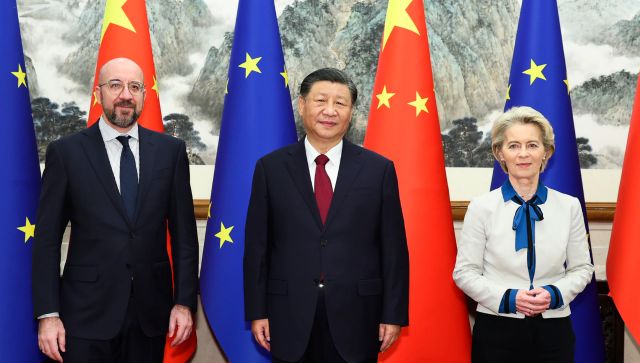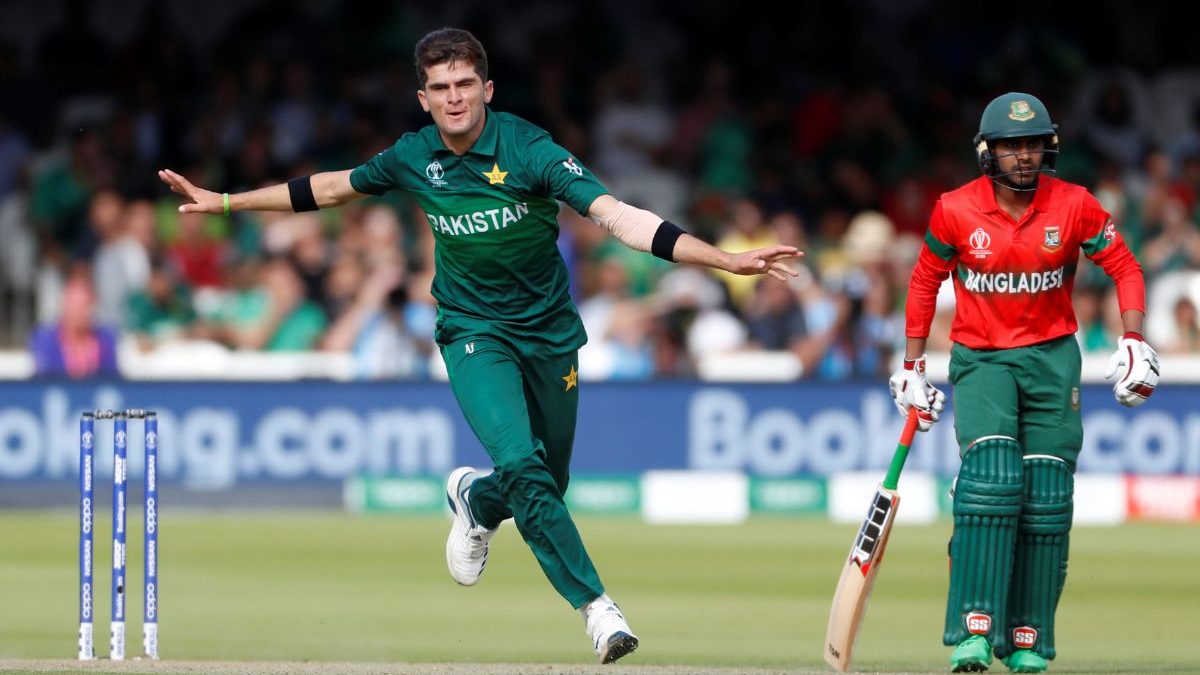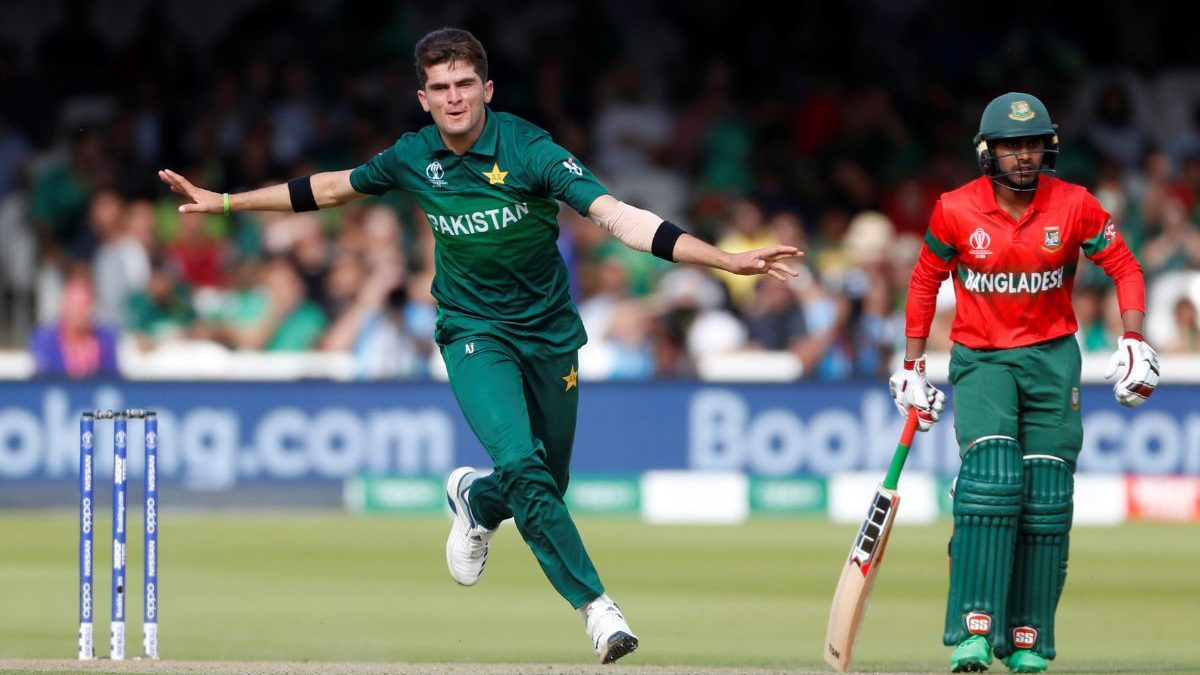A senior European Union official conveyed to Chinese leader Xi Jinping on Thursday the importance of addressing trade imbalances and concerns about Russian aggression against Ukraine during a meeting in the Chinese capital.
European Commission President Ursula von der Leyen acknowledged the significance of China as the EU’s primary trading partner but emphasised the need to responsibly manage the existing imbalances and differences.
In her opening remarks posted on the commission’s website, von der Leyen highlighted the clear imbalances in the trading relationship between China and the EU that require attention. Xi responded by advocating for the resolution of differences through dialogue and expressing concerns about what his government perceives as a more assertive and competitive stance in European policy toward China.
Xi stated, as reported by state broadcaster CCTV, that both China and the EU should avoid viewing each other as rivals due to differing systems, refrain from diminishing cooperation due to competition, and avoid confrontation based on differences.
The meeting took place a day after Italy, an EU member, announced its decision to withdraw from Xi’s flagship “Belt and Road” initiative, which aims to establish a global network of Chinese-financed infrastructure projects, including roads, ports, and power plants.
Italy became the first G7 country to sign on to the initiative in 2019, when the government at the time promoted it as a way of increasing trade with China while getting investments in major infrastructure projects.
Neither outcome materialized. In the intervening years, Italy’s trade deficit with China has ballooned from 20 billion euros to 48 billion euros ($21.5 billion to $51.8 billion.)
Quick Reads
View AllForeign Ministry spokesperson Wang Wenbin defended the initiative and appeared to imply that Italy had been influenced by forces hostile to China.
“China firmly opposes smearing and undermining cooperation in building the Belt and Road and opposes stoking bloc confrontation and divisions” Wang said at a daily briefing Thursday.
Von der Leyen and Charles Michel, the president of the EU Council, met Xi in the morning and were meeting with China’s No. 2 leader, Premier Li Qiang, later in the day. Von der Leyen, as commission president, heads the day-to-day business of the EU, while Michel chairs the summits of EU leaders.
The European Union is calling on China to improve market access for products from its 27 member countries to address an annual trade imbalance of more than $200 billion. China exported $458.5 billion worth of goods to the EU in the first 11 months of this year and imported $257.8 billion, according to Chinese customs data released Thursday.
The EU has angered China by launching an investigation into the latter’s subsidies for electric vehicles to determine whether they give manufacturers in China an unfair competitive advantage in European markets.
“China has never deliberately pursued a trade surplus,” spokesperson Wang said ahead of the summit. He noted recent import and supply chain expos that he said encourage foreign companies to sell to the Chinese market of 1.4 billion people.
Wang also aimed possible EU restrictions on technology exports to China. “I’m afraid it’s unreasonable if the EU imposes strict restrictions on the export of high-tech products to China while expecting a significant increase in exports to China,” he said.
The EU is looking for better market access for a range of products including cosmetics, infant formula, wine and other alcoholic beverages.
China has angered the EU by taking a neutral stance in what most European countries see as a Russian war of aggression against Ukraine. The EU is calling on China to use its influence with Russia to end the invasion, ensure that exports from or via China are not aiding Russia’s war effort and support Ukrainian President Volodymyr Zelenskyy’s peace formula.
Von der Leyen said the EU and China have global responsibilities as major powers and a shared interest in peace and security.
“That is why it is essential to put an end to the Russian aggression against Ukraine and establish a just and lasting peace consistent with the U.N. Charter,” she said.
Xi said China and the EU should promote political settlements of international hot-spot issues, according to CCTV, which did not include any specific mention of the wars in Ukraine or Gaza.
With inputs from AP.


)

)
)
)
)
)
)
)
)



